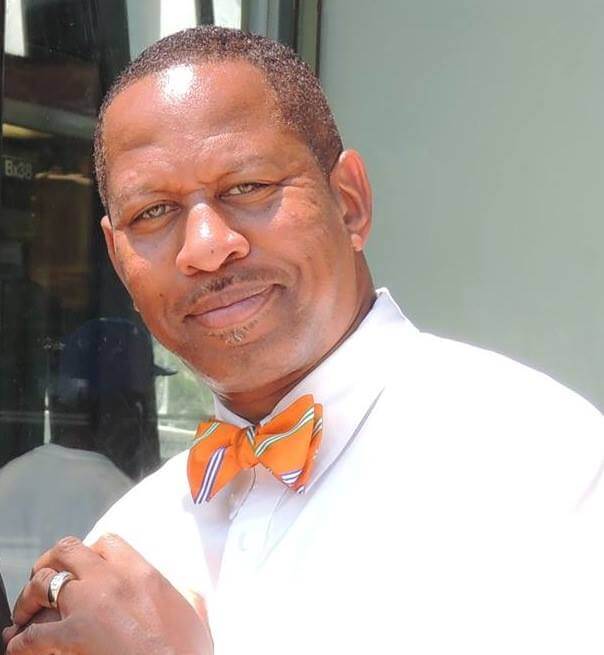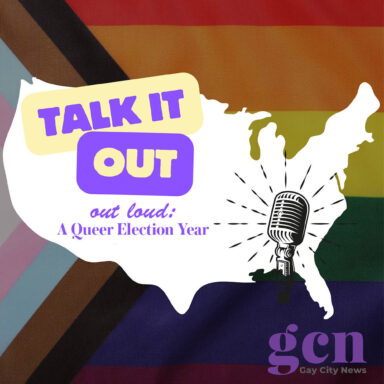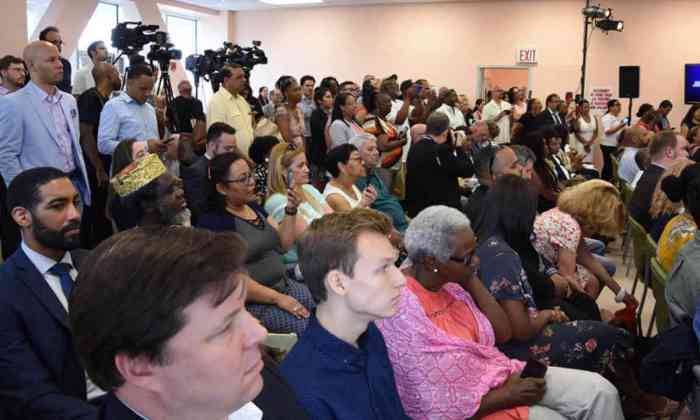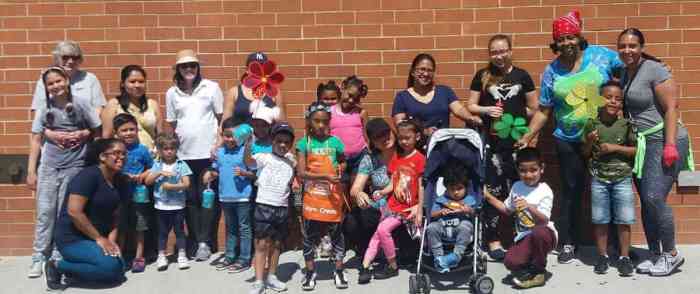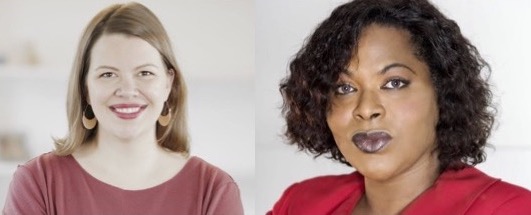On Wednesday Sept. 23, Councilman Andy King cosponsored legislation in relation to COVID-19 grants for Minority & Women-owned Business Enterprise (MWBE), which were businesses that did not receive city, state or federal assistance.
With this measure, the commissioner of small business services will establish and operate a program to provide grants to partially or fully fund the operating expenses of businesses impacted by the pandemic.
COVID-19 hit New York City’s small businesses hard and with this new legislation, MWBEs will receive grants that can help lift the economic burden due to the pandemic. According NY1, in 2019, only 3 percent of the city’s small businesses were owned by African Americans and around 350,000 were owned by women.
Many MWBEs in the Bronx have felt the effects of COVID-19, including Terina Pearce’s business White Diamond Barber and Beauty Hut.
“Due to COVID-19, my business took a huge downfall,” Pearce said. “Clients canceled appointments booked months in advance and we had to send out refunds. Not to mention the bills going sky high from rent, cable, ConEd, insurance and water. If this new legislation comes out it would help the business tremendously.”
Owner of JP Design, Inc., Zevilla Jackson Preston also shared her thoughts on Minority and Women Owned Businesses. While she praised King for the bill, she would like the City Council to draft more legislation addressing historical disparities that continue to uniquely plague Black business owners in NYC.
“When addressing social ills, politicians often talk about the most vulnerable in society,” Preston said. “Unfortunately, this focus on the ‘most vulnerable among us’ disappears when the discussion moves to economic empowerment. Black people have been disadvantaged members of American society for over 400 years. As a result, we lag in every metric used to gather data, particularly in the area of economic parity. The question is not what the NYC Council will do for ‘minorities,’ but what is it prepared to do for the Black business owners, the ‘most vulnerable’ business owners in NYC.”

